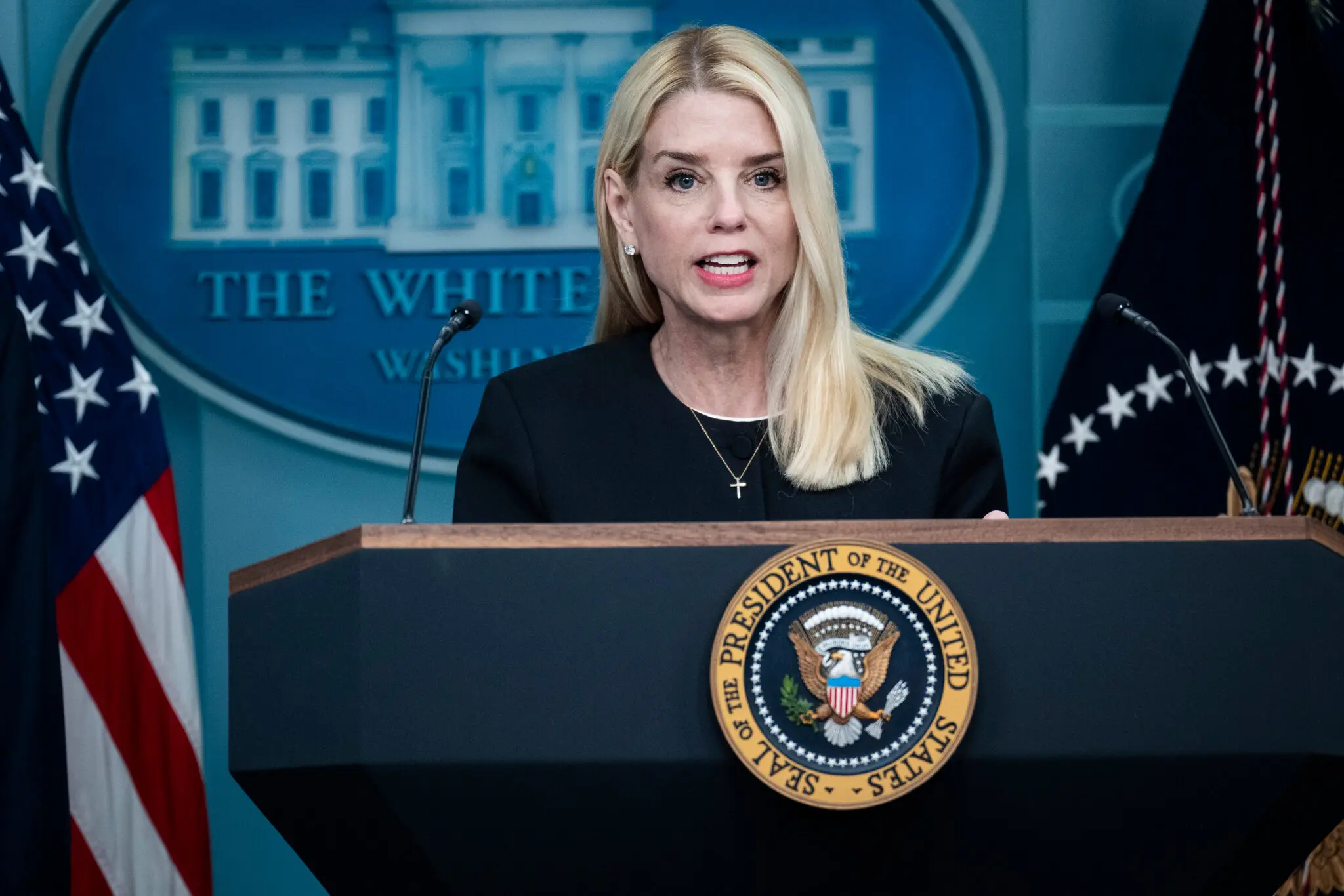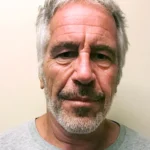For months, Attorney General Pam Bondi promised the release of documents on the disgraced financier Jeffrey Epstein that could reveal damaging details, drumming up anticipation over the files, long a source of speculation and conspiracy theories.
But on Monday, a memo by the Justice Department undercut her own statements, pouring cold water on baseless claims. It amounted to a catalog of conclusions that affirmed those reached years earlier by investigators, including that Mr. Epstein killed himself while in a Manhattan cell awaiting trial.
“This systematic review revealed no incriminating ‘client list,’” the memo said. “There was also no credible evidence found that Epstein blackmailed prominent individuals as part of his actions. We did not uncover evidence that could predicate an investigation against uncharged third parties.”
“No further disclosure would be appropriate or warranted,” the memo continued, adding that the work of the Justice Department and the F.B.I. on the records had been thorough.
In the six years since his death in 2019, the case of Mr. Epstein has become a public obsession for a segment of Trump supporters, some of whom have accused two of his most senior advisers, Ms. Bondi and the F.B.I. director Kash Patel, of slow-walking the review and release of the case file.
A release of related documents in February, which Ms. Bondi had similarly hyped, fell flat, drawing widespread derision as much of the information was already in the public domain.
While many had been awaiting what Ms. Bondi declared would be “Phase 2” of the release of the so-called Epstein files, the new memo sought to end any such expectations. It included an hourslong video, whose existence was previously disclosed, of the hallway outside Mr. Epstein’s jail cell.
The video released by Ms. Bondi and Mr. Patel, however, appears to be missing a minute just before midnight. The digital clock on the screen jumps from 11:58:58 p.m. to 12:00 a.m. Officials did not immediately have an explanation for the apparent gap.
The memo goes on to chide those who have pushed their own theories of what crimes may have gone unpunished related to Mr. Epstein, who was accused of paying girls for sex acts, often under the guise of “massages.”
“One of our highest priorities is combating child exploitation and bringing justice to victims,” the memo said. “Perpetuating unfounded theories about Epstein serves neither of those ends.”
Yet in February, asked on Fox News about the so-called client list, Ms. Bondi replied, “It’s sitting on my desk right now to review.”
Asked about the seeming contradiction at a news conference on Monday, the White House spokeswoman, Karoline Leavitt, said that Ms. Bondi was referring to the entirety of the Epstein case file. “The Trump administration is committed to truth and transparency,” she said.
Even before its official release, the Trump administration faced criticism for its handling of the issue, with the billionaire Elon Musk posting disapprovingly on social media on Monday that “no one” had been arrested in the Epstein case. (In fact, Mr. Epstein himself was arrested, and his longtime assistant was charged, tried and sent to prison for her role in his abuse of minors.)
Last month, as Mr. Musk engaged in a vicious public feud with the president, the world’s richest man suggested Mr. Trump had something to lose in the release of the records.
“Time to drop the really big bomb,” Mr. Musk wrote on social media. Mr. Trump, he said, “is in the Epstein files. That is why they have not been made public.” Mr. Musk did not offer any evidence, but soon added, “The truth will come out.”
He later deleted the post.
The decision to end releases of information by Ms. Bondi drew criticism from Senator Ron Wyden, Democrat of Oregon, whose staff has been investigating more than $158 million in payments the billionaire investor Leon Black made to Mr. Epstein for tax and estate planning services. The lawmaker has repeatedly pressed Ms. Bondi and others in the Trump administration for information about Mr. Black and other “high-profile individuals” and financial institutions who either paid fees to Mr. Epstein or managed his money.
“My committee investigators have seen substantial evidence in the possession of the Trump administration pertaining to prominent Wall Street figures financing Epstein’s operations,” Mr. Wyden said in a statement. “The best-case explanation for the Trump administration on their mishandling of the Epstein case is rank incompetence, but the much likelier explanation is that Trump and wealthy people around him have things to hide.”
Mr. Black has long maintained he did nothing wrong in paying Mr. Epstein for tax and estate advice and was unaware of Mr. Epstein’s conduct.
Simply being mentioned in the investigative files related to Mr. Epstein does not necessarily mean much. Criminal case files are frequently full of victim identities, as well as the names of witnesses and other innocent people who came into contact with suspects or evidence in a case.
Mr. Trump and Mr. Epstein had crossed paths over the years, both fixtures of wealthy social circles in New York and Florida. In a 2002 interview with New York magazine, Mr. Trump said he had known Mr. Epstein for 15 years, calling him a “terrific guy” who was “a lot of fun to be with.”
In that same interview, Mr. Trump added, “it is even said that he likes beautiful women as much as I do, and many of them are on the younger side.”



